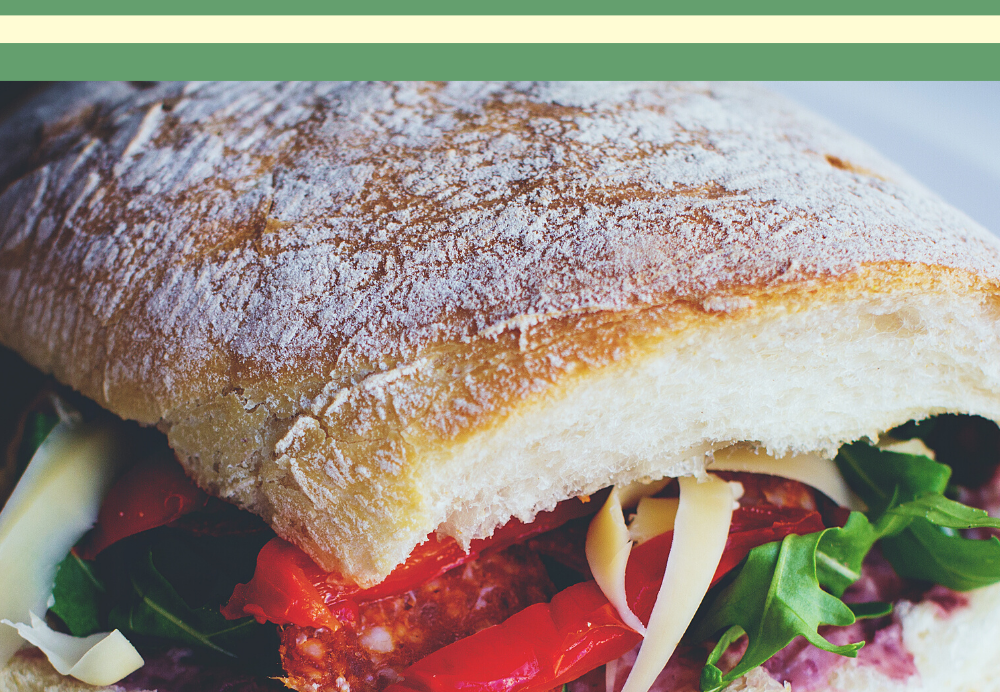Mindful eating is very effective for being aware of the food you eat and helping you to understand your food cravings and eating habits. However, you must apply the principles of nutrition to your mindful eating if you wish to have a lean body that not only looks good but feels good too.
In this article, we’ll look at a few principles of nutrition that you should be aware of when practising mindful eating. The truth of the matter is that you can still consume junk food and detrimental processed foods even if you eat mindfully. You can read more about mindful eating here.
While you may lose weight in the beginning, over time, you’ll regress to your old eating habits because you’ve not developed good eating habits. Mindful eating is most effective when you get the fundamentals of nutrition right.
• Getting Your Macronutrients Right
There are 3 micronutrients that every woman needs to get in just the right quantities – protein, fats and carbs. 30 percent of your calories should be made up of protein. 40 percent should be carbs and 30 percent fat.
This ratio of macronutrients will promote effective and safe fat loss. If you wish to accelerate your fat loss, you could drop the carbs to 20% and raise your fats and protein to 40% each.
The goal here is to know what your macronutrient ratio is and mindfully eat according to the ratio.
• Not All Calories are Equal
The calories that you get from eating a slice of cake will be very different from the type of calories you get from consuming some sweet potato. Even if both foods contain the same amount of calories, the cake will contain sugar, additives and other chemical ingredients that you aren’t even aware of. The sweet potato being a natural food will have no such ingredients.
What does that mean? It means that the sugar in the cake will be addictive and cause you to crave more sweet foods because your body is hooked on sugar. If you’re eating mindfully, you must be aware that even if the calorie count is the same, the ingredients in the food can have very different effects on your body.
Oily foods leave you feeling happy and you crave them more. The same applies to sugary sweet foods. Foods high in protein and beneficial nutrients will leave your body feeling satiated and less likely to develop food cravings. The type of calories that you consume matters and directly impacts your mindful eating.
• Controlling Your Carbs
The cornerstone of all successful weight loss is carb restriction. Even endurance athletes aim to get their calories from fat to prevent a physical dependency on carbs. Ideally, most of the carbs you eat should be complex carbs.
The fewer carbs you consume the better your body’s insulin control. Contrary to popular belief, eating fat doesn’t make you fat. In fact, moderate and high-fat diets (ketogenic diet) lead to greater weight loss than low-fat diets.
Eating carbs is much more detrimental. They spike your insulin levels and promote fat storage. That’s why cutting your carbs is one of the best things that you can do to lose weight. However, you do not want to cut it out totally.
Diets like the Atkins diet which are extremely harsh because of the severe carb restriction can cause cravings. So, this is not conducive to mindful eating and you’re bound to cave in and binge on carbs later on.
The molecular structure of the carb will determine if it’s simple or complex. Cakes, candy, ice cream, sweetened fruit juice, etc. are all simple carbs. They’ll cause your body to release insulin and convert the energy to fat. Over time, the high glucose intake may cause you to end up getting diabetes because of the constant insulin production in your body.
• Metabolism Boosting Foods
There are some foods that naturally boost your body’s metabolic rate and give you an added edge in burning more calories and increasing fat loss. Some of the best metabolism-boosting foods are almonds, apple cider vinegar, celery, coconut oil, cinnamon, green tea and spinach.
There are many other metabolism-boosting foods too. You can do your own research and find out what they are. The goal here is to get some of these foods in your daily diet so that you can speed up your metabolism and burn more calories at rest.
• Breakfast or Intermittent Fasting
There is a lot of debate on this topic. Is it better to skip breakfast and eat later in the day or is breakfast really the most important meal of the day?
There is no right or wrong answer here. When you’re eating mindfully, you need to pay attention to the signals your body is giving you. If you’re lethargic and listless in the morning because you’ve not had breakfast, then you should eat something light. Women who eat breakfast often notice that they have less food cravings and more energy. They’re also less likely to regain the weight they’ve lost.
However, if you’re not hungry in the morning and only feel like you need food about 4 or 5 hours after you’ve woken up, that’s fine too. The key is to listen to your body and eat when you’re truly hungry.
Now that you’re aware of a few of the principles of nutrition, apply them in your mindful eating journey and you’ll reap the rewards. Always aim to progress slowly and don’t try to make changes overnight. Mindful eating is all about questioning your eating habits and making small, beneficial changes that work wonders in the long run.
Disclaimer: This blog post contains affiliate links to products and services I am passionate about. Purchasing via these links won’t cost you any extra but it will help me enormously.
This website is written by a regular human. I am not a Health Professional. Please get professional medical advice for your specific health needs.




